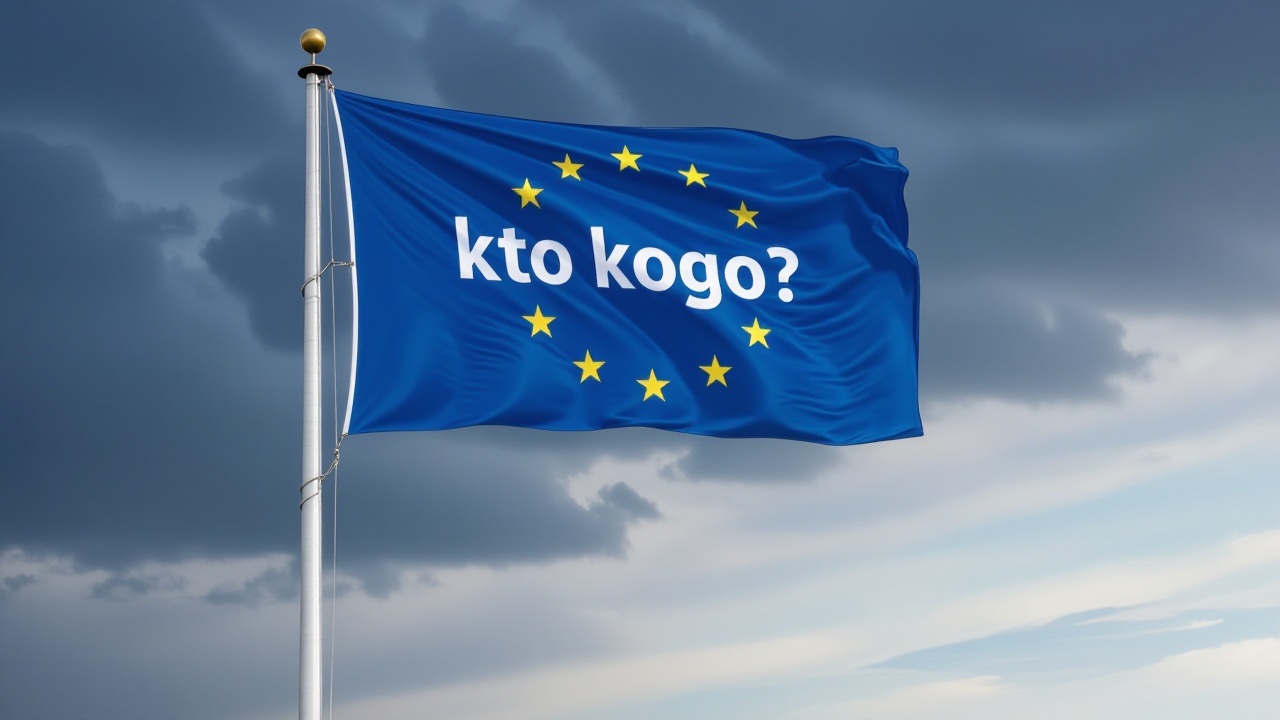
Nothing new under the sun
- Martin Enlund
- 9/2/24
The ongoing debate surrounding freedom of expression may revolve more around determining who gets to control the dissemination of information rather than any claimed notion of safeguarding democracy. Similarities can be identified from 500 years ago, following the invention of the printing press.
The debate over freedom of expression and its limits continues to rage on. In the UK, citizens are being arrested for sharing humouristic images. In Ireland, it may soon become illegal to possess “reckless” memes. Australia is trying to get X to hide information. Venezuela’s Maduro blocked X earlier this year, as did a judge on Brazil’s Supreme Court. In the US, a citizen has been imprisoned for spreading misleading material following a controversial court ruling. In Germany, the police are searching for a social media user who called a politician overweight. Many are also expressing concerns about deep fakes (AI-generated videos, images, or audio that are designed to deceive).
The Church started using printing presses, but Luther did too
These questions are not new, however. What we perceive as new questions are often just a reflection of earlier times. After Gutenberg invented the printing press in the 15th century, there were soon hundreds of printing presses across Europe. The Church began using printing presses to mass-produce indulgences. “As soon as the coin in the coffer rings, the soul from purgatory springs” was a phrase used by a traveling monk who sold such indulgences at the time. Martin Luther questioned the reasonableness of this practice. Eventually, he posted the 95 theses on the church door in Wittenberg. He also translated the Bible into German. A short time later, his works, also mass-produced, accounted for a third of all books sold in Germany. Luther refused to recant his provocations as then determined by the Church’s central authority. He was excommunicated in 1520 by the Pope and soon declared an outlaw by the Holy Roman Emperor.
Luther would have been an ‘anon’ today
This did not stop him. Instead, Luther referred to the Pope as “Pope Fart-Ass” and as the “Ass-God in Rome)”. He also commissioned caricatures, such as woodcuts showing a female demon giving birth to the Pope and cardinals, of German peasants responding to a papal edict by showing the Pope their backsides and breaking wind, and more.
Gutenberg’s printing presses contributed to the spread of information in a way similar to how the internet does in today’s society. The Church’s ability to control the flow of information was undermined, much like how newspapers, radio, and TV have partially lost this power today. The Pope excommunicated Luther, which is reminiscent of those who are de-platformed or banned from various platforms today. The Emperor declared Luther an outlaw, which is similar to how the UK’s Prime Minister is imprisoning British citizens today. Luther called the Pope derogatory names, which is reminiscent of the individual who recently had the audacity to call an overweight German minister overweight.
Who, whom?
Freedom of expression must be curtailed to combat the spread of false or harmful information in order to protect democracy, or so it is claimed. But perhaps it is more about who gets to control the flow of information?
As is often the case, there is nothing new under the sun.
What has been will be again, what has been done will be done again; there is nothing new under the sun.
– Ecclesiastes 1:9
If you wish to subscribe, sign up here!


